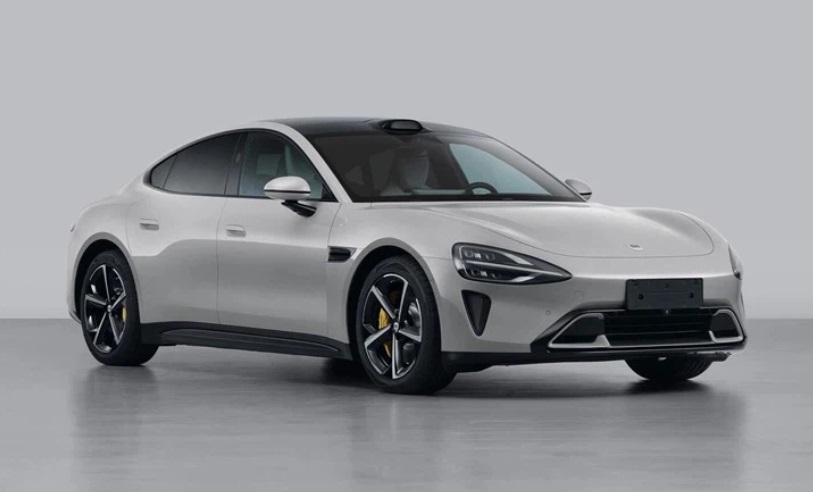The test drive of Chinese electric vehicles left two top Ford executives in awe, conceding that they had been outpaced by their Chinese competitors.
In a recent report by the Wall Street Journal (WSJ), it was revealed that Ford’s CEO Jim Farley and Chief Financial Officer (CFO) John Lawler were shocked after visiting a Chinese electric vehicle factory. They were impressed by the smooth operation and sound insulation of the Chinese car.
Ford’s executives expressed their fears, stating that Chinese automakers pose a real threat and are gradually surpassing major car brands, including Ford.
According to Ford’s CEO, Tesla is no longer the formidable competitor in the automotive industry; instead, it is BYD and other Chinese brands that are the true rivals.
Following the factory visit, CEO Farley sent several Chinese electric vehicles to the Michigan headquarters for the board and employees to experience and evaluate firsthand this formidable competitor.
Ford’s CEO acknowledged that Chinese automakers offer a range of affordable vehicles starting at just $10,000 (246 million VND) while still packed with the latest features. This has been a challenging issue for many established automakers.
When test-driving the Xiaomi SU7, Ford’s staff and leadership were surprised by the convenient features it offered. The SU7 has an in-car fragrance diffuser and an infotainment system that connects with home devices as the car approaches, such as automatically turning on lights or air conditioning.
Similarly, a vehicle from Li Auto, priced at $77,000 (1.89 billion VND), boasts a multi-media screen controlled by hand gestures and heated armrests and footrests. Riding in this car feels like lounging in a luxury yacht.
According to ABI Research, Chinese brands currently dominate the electric vehicle market in Brazil and Thailand, with an 88% and 70% market share, respectively, in the first quarter of 2024. In Europe, one-fifth of all new electric car sales are from Chinese automakers.
In late 2023, BYD surpassed Tesla to become the world’s largest electric vehicle manufacturer.
After dissecting the Chinese electric vehicles, Ford’s CEOs are even more determined to invest in and develop commercial electric vehicles rather than focus on small personal cars like their Chinese competitors.
Instead of direct competition, Ford’s executives plan to borrow and learn from Chinese techniques to develop their own electric vehicle line.
This new project is estimated to cost Ford a $5 billion loss. However, CEO Farley remains resolute as he believes that Ford cannot afford to wait and must act immediately to avoid falling behind and losing market share to Asian automakers.
























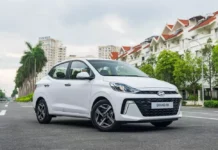
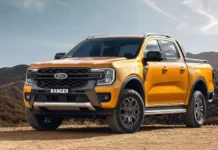
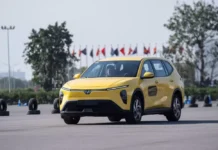
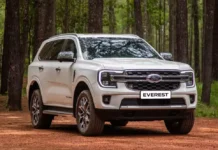
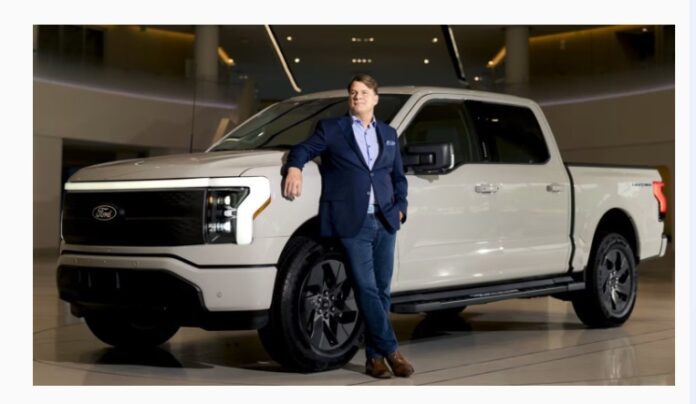
(1).jpg)
